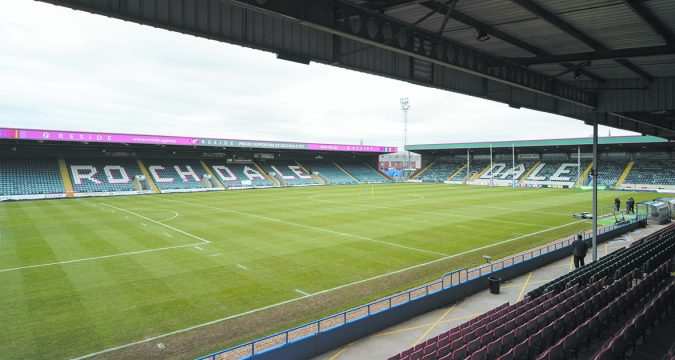 What has unfolded at Rochdale Hornets this season in many ways reflects Rugby League as a whole.
An organisation that while small in number has managed to have warring factions within it, leading to missed opportunities to realise its true potential.
I wrangled with writing this piece for several days, mainly because of the amount of negative
What has unfolded at Rochdale Hornets this season in many ways reflects Rugby League as a whole.
An organisation that while small in number has managed to have warring factions within it, leading to missed opportunities to realise its true potential.
I wrangled with writing this piece for several days, mainly because of the amount of negative The curious case of Rochdale Hornets… from the journalist who found himself involved
 What has unfolded at Rochdale Hornets this season in many ways reflects Rugby League as a whole.
An organisation that while small in number has managed to have warring factions within it, leading to missed opportunities to realise its true potential.
I wrangled with writing this piece for several days, mainly because of the amount of negative
What has unfolded at Rochdale Hornets this season in many ways reflects Rugby League as a whole.
An organisation that while small in number has managed to have warring factions within it, leading to missed opportunities to realise its true potential.
I wrangled with writing this piece for several days, mainly because of the amount of negative 